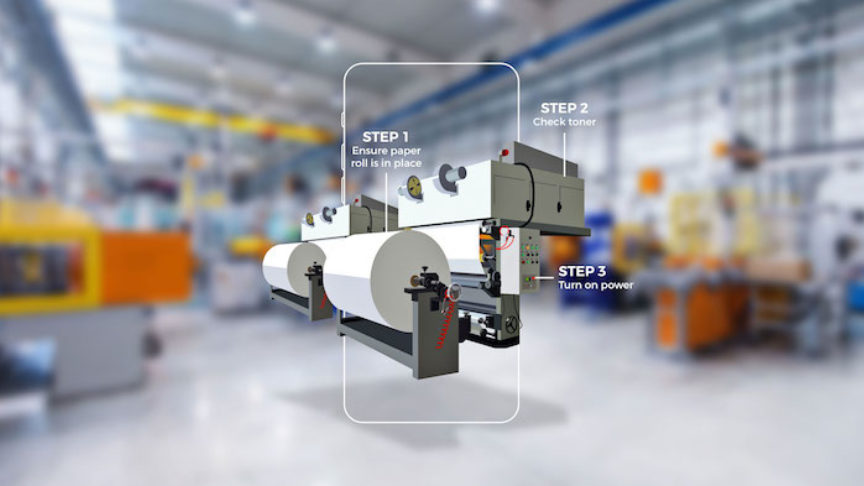What Does the Research Say About the Adoption of Tablets in Education?
August 16, 2015
What Does the Research Say About the Adoption of Tablets in Education?

The landscape of education is changing. The proliferation of technology is paving the way for new pedagogical models that facilitate learning delivery for a generation of students to whom the use of hardware and software is increasingly second nature. On the software side of the equation, a 2013 report by Teachers Know Best offers perspective on the sheer amount of applications available for educators and their students. These tools are increasing the volume of learning content available, engaging students on a deeper level, allowing teachers to measure the learning outcomes of their class, among a plethora of other functions.
What of the hardware? Traditionally, school-deployed hardware was largely in the form of desktop computers confined to a designated lab space that offered students a window into the world of information technology on a periodic basis. However, given the level of disruption to desktop and laptop computers in recent years caused by the advent of mobile devices, educators, administrators, and policy-makers have been forced to consider how contemporary consumer devices can play a role in the educational ecosystem. In particular, the adoption of the tablet computer has become a key focus because of its salient fit with classroom-based learning. As such, there is a growing body of research dedicated to understanding the role of the device in education. As we blogged about last month, we’ve written a white paper to synthesise the research to understand what it has to say. Here are some of the things we found:
Teachers and students are reporting higher engagement levels in class
Much of the research to date focuses on the effects of classroom tablet adoption on the engagement levels of students. The prevailing sentiment from these studies is that the deployment of tablets is associated with higher student engagement levels in learning activities. In addition, engagement has been found to be synonymous with student motivation, leading to corollary benefits such as increased levels of confidence and self-efficacy. Furthermore, there appears to be a growing expectancy amongst the current generation of students that mobile devices will play an increasingly central part of their education.

The use of tablets provide opportunities for personalised learning
One of the main benefits highlighted by the research is the personalised learning opportunities afforded to educators through the application of tablets. One of the most profound challenges faced by teachers is facilitating learning where discrepancies exist among the achievement levels of students in the same classroom. A number of studies highlight the capacity of the tablet computer to deliver learning experiences tailored for the needs of individual students; imagine, for example, a quiz delivered to student devices where the difficulty level is adjusted according to the progress made by each individual student.

1:1 distribution of tablets to students is the optimal deployment model
Much is written the logistics of adopting and deploying tablets in the classroom. A term that has come to the forefront of EdTech parlance is BYOD, or bring-your-own-device. This describes leveraging the high penetration of mobile devices among today’s students to deliver digitised learning content, therefore easing the procurement burden on schools associated with distributing tablets on a 1:1 basis among students. However, in one of the flagship studies to date, conducted in Hull University, Scotland, it was found that the latter deployment model precipitated the greatest pedagogical benefits. In particular, it was found that students were more inclined to take ownership of their work owing to the greater levels of autonomy afforded to them by device ownership.
More research is needed on a number of dimensions
One of the most salient findings from the research is the need for greater inquiry into tablet adoption in education. Given that the use of tablets in education is still a novel phenomenon, there are a number of research areas that present themselves. For example, a lack of best practice exists with regards to the implementation of the device in schools. A recurring finding in existing research is that adoption initiatives are too often ill conceived; with the result that implementation is ultimately ineffectual. A further strand of research needed is the effect of tablet adoption on learning outcomes. The research is unanimous on the issue of student engagement; however, what has not yet been proven is whether engagement is synonymous with improved learning outcomes for students. This is arguably the most important gap in the research to address if key educational stakeholders are to fully invest themselves in the idea of tablet adoption.
These findings are explored in further detail in our white paper. If you would like to receive a copy, drop us a line at education@blippar.com.


